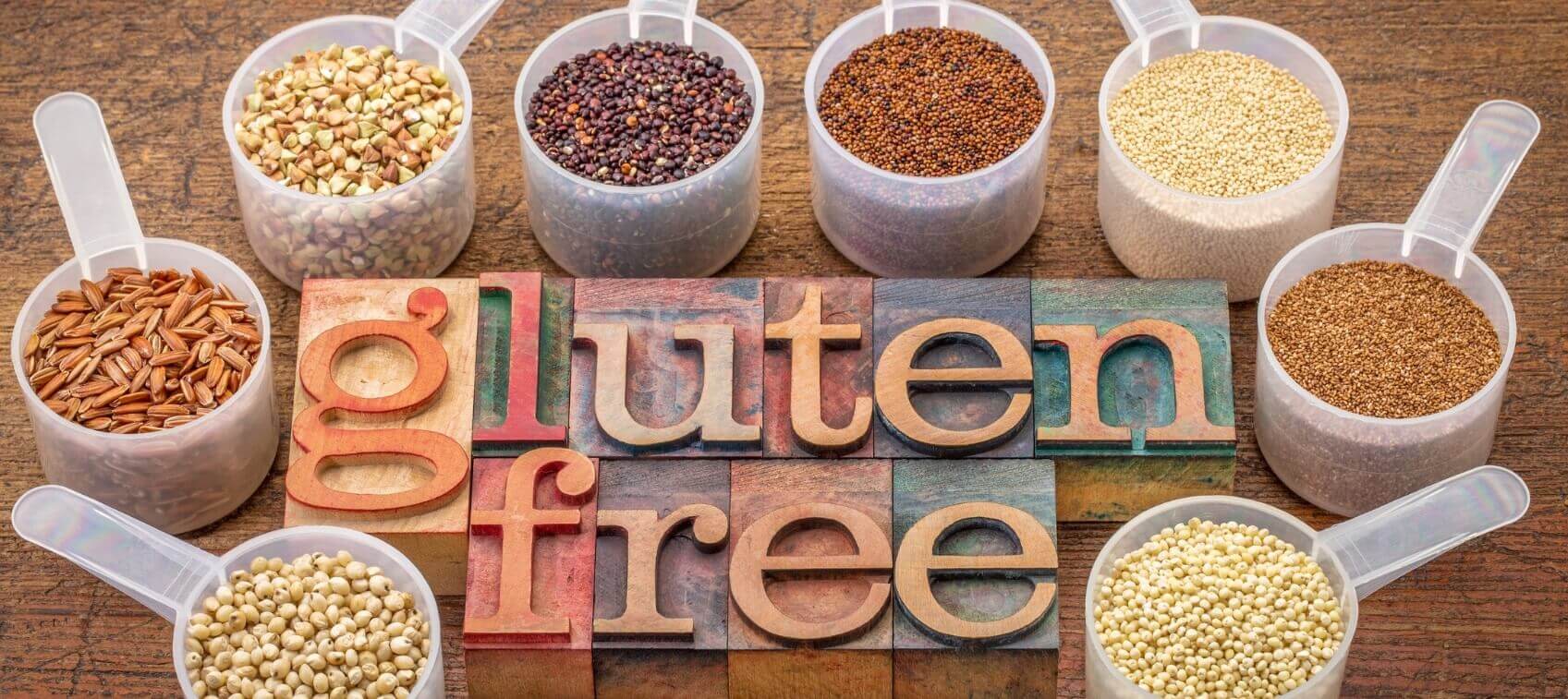
Gluten-free diets have received a lot of press in the last few years—with people touting it as the “secret to better health and weight loss.” But is it in your best interest to go gluten-free? To answer that question, let’s take a closer look at gluten and inflammation.
Gluten is a protein found in wheat, barley, rye, oats, and other grains. For those with Celiac disease, eating even a small amount of gluten can cause damage to the villi—the microscopic, hair-like projections in the small intestine that provide the surface area needed to absorb the nutrients from the foods and supplements you ingest.
Left unchecked, Celiac disease can set off an immune reaction that leads to inflammation and a host of digestive issues—from diarrhea, to abdominal pain, and even fatigue. Plus, gluten can contribute to irritable bowel syndrome (IBS).
Gluten Is Also Highly Addictive
If you find that eating wheat-based foods, like pasta and bread, makes you crave more of the same, you’re not imaging it. Just as eating chocolate can cause you to crave more chocolate, wheat is highly addictive.
The reason is that wheat has been genetically modified over the years, changing its gene expression. Specifically, our modern-day wheat contains gliadin, a protein from gluten that has an opiate-like effect in the body. So, it literally feeds your cravings.
Plus, wheat affects the inner workings of your digestive tract—disturbing your body’s ability to move food through your system. Yet, going gluten-free the right way can be tougher than most people think.
What to Know Before You Go Gluten-Free
Fueled by the “gluten-free craze,” many manufacturers have begun to produce gluten-free pasta, crackers, bread, and more. The problem, though, is that these manufacturers have replaced gluten with corn, rice, and potato products—all of which are high-glycemic foods.
High-glycemic foods are quickly converted to sugar in your body. And sugar leads to an insulin spikes which can damage the delicate endothelial lining of your blood vessels. If the endothelial lining is damaged it can lead to inflammation and possibly cardiac problems.
Plus, eating too much sugar can cause you to gain weight. And excess weight, coupled with high insulin levels, can result in insulin resistance and diabetes.
What Is the Best Gluten-Free Diet?
If you decide to go on a gluten-free diet, check packages carefully to make sure the gluten-free foods you buy don’t contain added sugar—such as glucose, sucrose, and high fructose corn syrup. Better yet, eat foods that are naturally gluten-free. Here’s what to eat, and what to avoid, on your gluten-free diet.
Foods to Avoid on a Gluten-Free Diet
- Bread, rolls, biscuits, and muffins
- Pasta
- Pretzels and crackers
- Breadcrumbs
- Couscous
- Cereals made from wheat
Foods to Eat on a Gluten-Free Diet
- Ezekiel bread
- Gluten-free pasta made from lentils, chickpeas or peas
- Gluten-free steel-cut oatmeal (1–2 times a week)
- Sweet potatoes
- Vegetables
- Beans
- Legumes
- Flaxseed
To maintain your wheat-free diet plan, you can also look for gluten-free products at your local health-food store—including gluten-free pasta, bread, and more. But read packages carefully, so you don’t end up with more sugar than you bargained for in your gluten-free foods.


